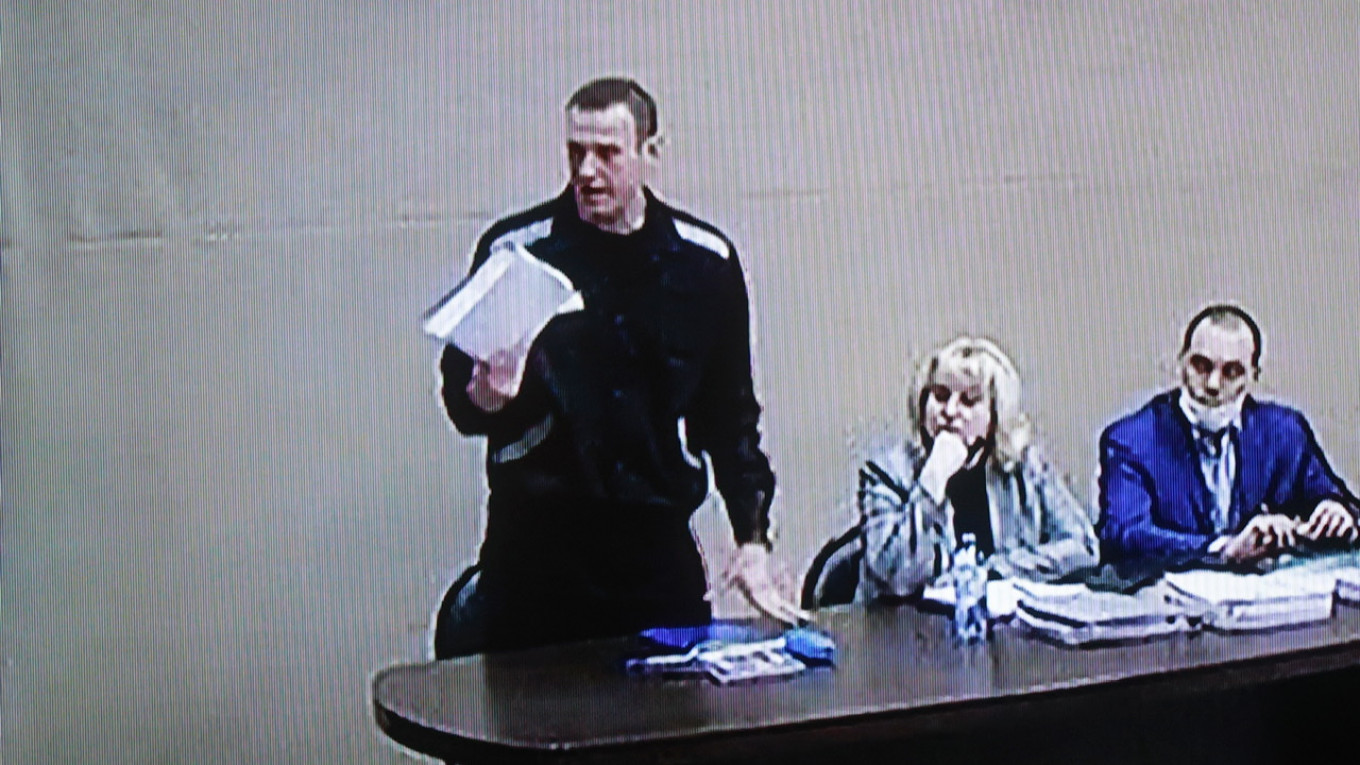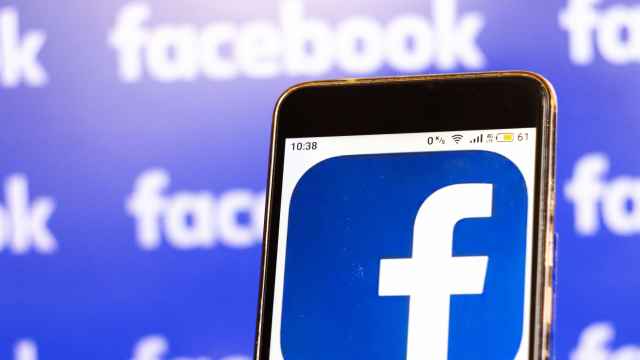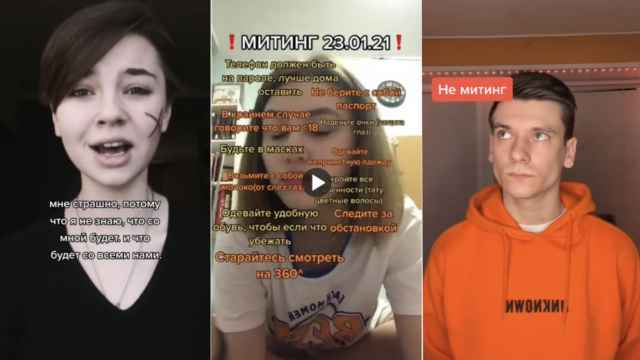Jailed Kremlin critic Alexei Navalny has called on western leaders and tech giants to fight Russian state propaganda with a massive social media campaign about Russia’s war in Ukraine.
The opposition figure’s proposal comes as government data showed Russia tripling funding for state media to 17.4 billion rubles ($210.5 million) in January-March compared with the same time last year.
Russia has shut down independent media, blocked Facebook and Instagram and criminalized nearly any criticism of Russia’s invasion of Ukraine under a broad law on "fake news." Google has meanwhile suspended all ad sales in Russia as social media platforms curbed the reach of Russian state-linked news outlets accused of spreading misinformation.
“We need ads. Lots of ads. A huge national anti-war campaign will start with an advertising campaign,” Navalny said in a series of Twitter posts, addressing U.S., British and EU leaders alongside Meta and Google CEOs Mark Zuckerberg and Sundar Pichai.
“The fact is that most Russian citizens have a completely distorted view of what is happening in Ukraine.”
Navalny said the campaign should target the Russian audience with “monstrous real losses of the army,” sanctioned officials’ and oligarchs’ assets, rising prices and “how we would all be better off without this war.”
“I know what you’ll say now: intrusive advertising is annoying, it would be much better if people spread the good links themselves. That's how we usually operate, but it's not going to work now.”
He argued that the cost of one Javelin anti-tank missile used by Ukraine in the war could pay for 200 million ad views a day “to reach every Russian internet user twice.”
Navalny also dismissed Russian poll results showing majority support for what Moscow calls a “special military operation” in Ukraine, questioning whether broad public support would require a state crackdown on free speech.
“What kind of sociology is there even to talk about when both the question ‘Do you support the war in Ukraine?’ and the answer ‘no’ could result in 15 years of imprisonment for the sociologist and the respondent respectively?”
President Vladimir Putin approved a bill last month introducing jail terms of up to 15 years for those who spread “fake news” about the Russian military.
The law has already been used against 80 people, including teachers, artists, police officers, civil servants and at least two foreign citizens. Authorities have opened nearly 1,000 administrative cases of “discrediting” the Russian military’s actions in the month and a half of its war in Ukraine, according to independent monitors.
Since the start of the war with Ukraine, at least 40 dometic and foreign media outlets have been suspended or blocked.
A Message from The Moscow Times:
Dear readers,
We are facing unprecedented challenges. Russia's Prosecutor General's Office has designated The Moscow Times as an "undesirable" organization, criminalizing our work and putting our staff at risk of prosecution. This follows our earlier unjust labeling as a "foreign agent."
These actions are direct attempts to silence independent journalism in Russia. The authorities claim our work "discredits the decisions of the Russian leadership." We see things differently: we strive to provide accurate, unbiased reporting on Russia.
We, the journalists of The Moscow Times, refuse to be silenced. But to continue our work, we need your help.
Your support, no matter how small, makes a world of difference. If you can, please support us monthly starting from just $2. It's quick to set up, and every contribution makes a significant impact.
By supporting The Moscow Times, you're defending open, independent journalism in the face of repression. Thank you for standing with us.
Remind me later.






